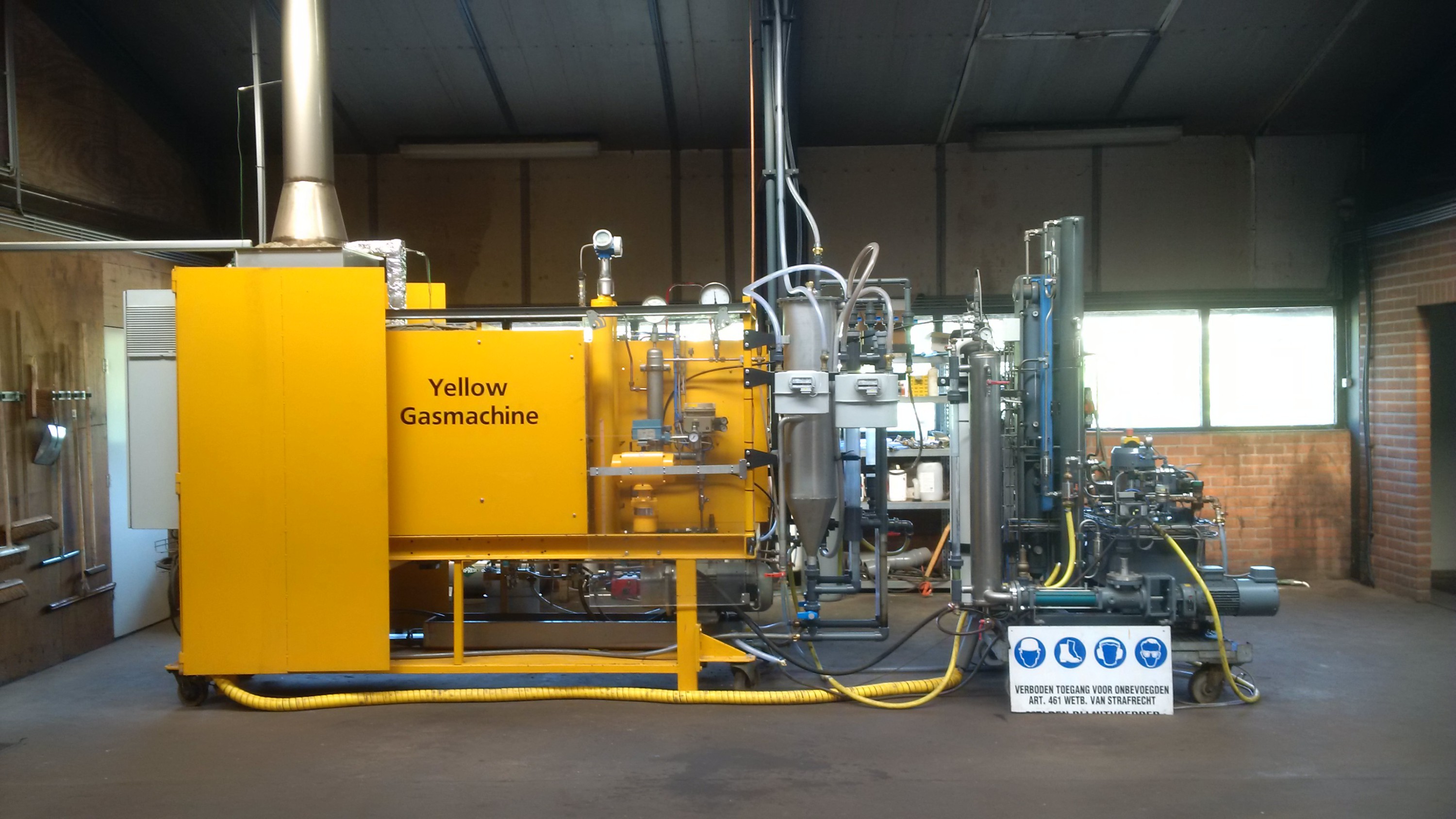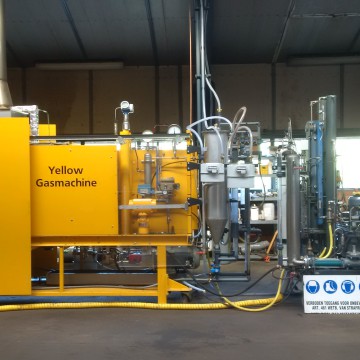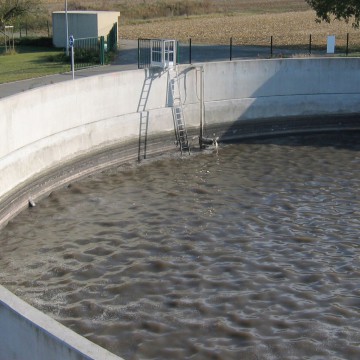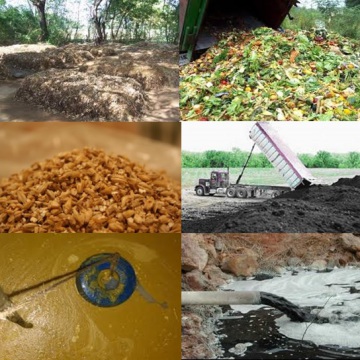The growing World’s population demands an increasing amount of energy, supplies from existing energy sources will be diminishing. Therefore the search for new means of energy is imminent; this includes minerals.
As organic waste streams are increasing, i.e. sewage sludge, manure, digestate from biodigesters etc., new ways for the use of these streams for energy must be discovered. This should be with emphasis on sustainability and economics.
One potential solution offered by research of SPARQLE is supercritical water gasification by the conversion of wet biomass into fuelgas, with dischargeable water and a mineral-rich residue. The technology at this point has not yet found a commercial application.
What is Yellow Gasmachine?
Yellow Gasmachine is an initiative of SPARQLE International.
In collaboration with JansenWijhe Energie and Artifex Innovatie, SPARQLE has been implementing research into the conversion of wet biomass and other hydrous residues for clean and renewable energy.
The research technique is based on chemical reactions at high pressure and temperature between water and organic components.
SPARQLE International, founded by John Penninger, has gained fundamental knowledge in this field. His research was published in referenced scientific journals (www.sparqle.com) As co-author he published four books in the area of supercritical water chemistry and technology.
His international recognition in this field was established as a reviewer of the following scientific journals, these include.:
- Applied Catalysis B : Environmental
- Journal Fuel Processing Technology
- Journal Industrial Engineering Chemistry
- Journal of Supercritical Fluids
Project Scarlet – Plus
The current research is co-financed by the Project Scarlet – Plus as part of Top Sector Energy (TKI Gas) of the Ministry of Economic Affairs, The Netherlands. The project develops and operates a pilot unit for production of combustible gases, mainly hydrogen, extraction of raw materials for reuse in agriculture, e.g. phosphates and the reuse of water.
A pilot plant has been designed by Sparqle and constructed by Artifex; tests are currently being conducted on location at JansenWijhe. The raw material for this is digestate, a wet solid residue from bio-fermentation. Manure and sludge from waste water cleaning are also resources for testing.
The objective of Scarlet-Plus is to demonstrate the technical feasibility of the process at a scale relevant for scale-up to 1 MW
These activities are supported for several years by the Dutch Government and EU.
Project partners
An overview of all partners in Scarlet – Plus can be found here
Apart from the Scarlet – Plus partners there are project participants with specific skills and know-how e.g. Feluwa Pumpen from Germany, Callaghan Engineering from Ireland, Reson Management from The Netherlands











